In addition to Weibo, there is also WeChat
Please pay attention

WeChat public account
AutoBeta


2024-11-21 Update From: AutoBeta autobeta NAV: AutoBeta > News >
Share
AutoBeta(AutoBeta.net)10/14 Report--
Recently, according to media reports, according to people familiar with the matter, Beijing Hyundai will produce electric cars for polar fox, and the two sides are currently discussing the details of cooperation. In addition, a source revealed that Beijing Hyundai will be responsible for design, production and quality control, and the new car will be produced at the Beijing factory. However, in response to the news, Hyundai officials in Beijing said: the news is not true.
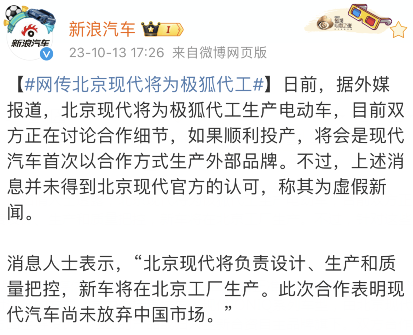
It is worth noting that in September, there were media reports that Hyundai Automobile Group revealed that it was preparing to join hands with Chinese partner BAIC to launch electric cars, and the cooperation between the two sides may be carried out in two ways at the same time, including the direct introduction of Hyundai IONIQ models, localized production by Beijing Hyundai, BAIC New Energy to provide the core three-power technology, and Hyundai-led design. The products launched may be under the brand name of a new joint venture. The electric cars cooperated by the two sides may face the popular market of 10-250000 yuan. At that time, neither side had responded to the news.
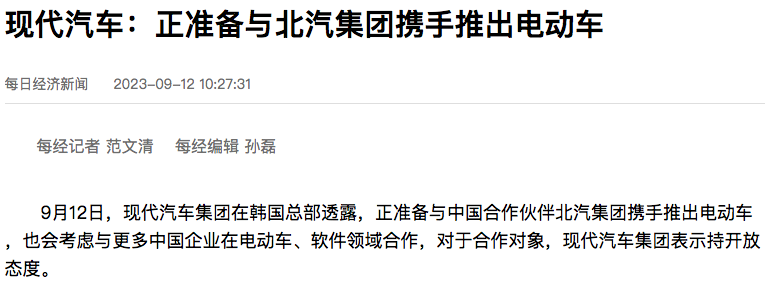
Although Beijing Hyundai denies the news that it is a contract manufacturer of Jihu, in fact, in the context of the rapid rise of new energy vehicles, the situation of Beijing Hyundai is becoming less and less optimistic.
Relevant data show that Beijing Hyundai is jointly funded by Beijing Automobile Investment Co., Ltd. and Korea Hyundai Automotive Co., Ltd., each holding 50%. It was established on October 18, 2002. Founded more than 20 years ago, Beijing Hyundai also had a glorious period and was a car company with sales of more than one million vehicles in the Chinese market. With high performance-to-price ratio, sales reached 1 million a year from 2013 to 2016. Data show that the annual sales of Hyundai in Beijing from 2013 to 2016 are 1.03 million, 1.16 million, 1.06 million and 1.14 million respectively.
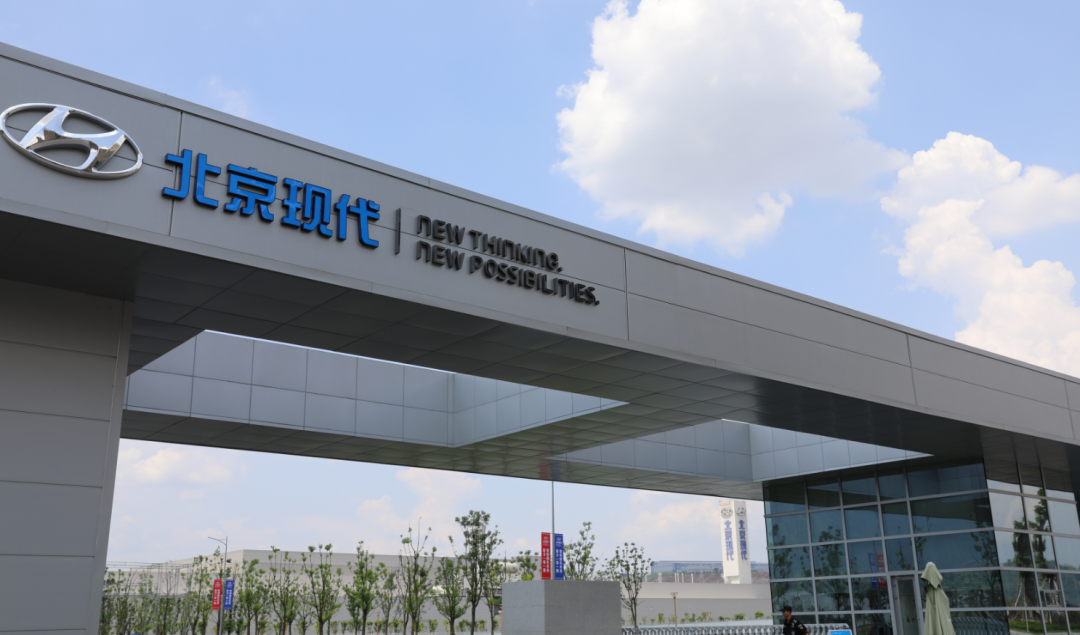
Unfortunately, affected by the epidemic, the THAAD incident, the rise of new car-building forces in China and the slow transformation of Beijing Hyundai electrification, Beijing Hyundai sales have been declining year by year since 2017. In 2017, although Beijing Hyundai launched new Yuejin, Elantra EV and other new products one after another, but still unable to recover sales.
Relevant data show that sales from 2017 to 2022 are 755700, 782100, 685100, 384800, 359900 and 284,000 respectively. Beijing Hyundai sold 18000 vehicles in the latest August, with its domestic market share falling below 1 per cent. From January to August this year, Beijing Hyundai sold a cumulative total of 157400 vehicles.
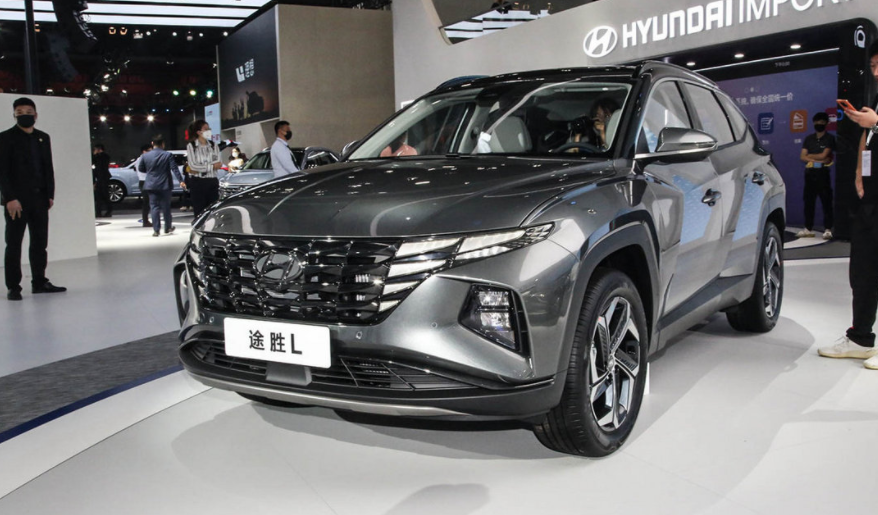
Sales are poor and net losses are rising. Data show that from 2020 to 2022, the net losses of Beijing Hyundai were 6.284 billion yuan, 4.995 billion yuan and 6.284 billion yuan respectively. In addition, poor sales have also created vacant capacity at Beijing Hyundai's plants in China. To this end, Beijing Hyundai also had to sell factories to cope with the predicament. It is understood that Beijing Hyundai has set up five factories in China, namely, Beijing Shunyi No. 1 Factory, No. 2 Plant, No. 3 Factory, Hebei Cangzhou Factory, and Chongqing Factory, with an annual output of 1.65 million vehicles. In 2021, the factory in Shunyi was picked up by an ideal car. In June, Zhang Zaixun, CEO of Hyundai Motor Group, revealed plans to close one factory in China and sell two factories in China. In August, the Beijing Hyundai Chongqing factory was put up for sale, but failed to sell. In October, Beijing Hyundai sold its Chongqing factory on sale, but as of press time, there was still no one to pick up the offer.
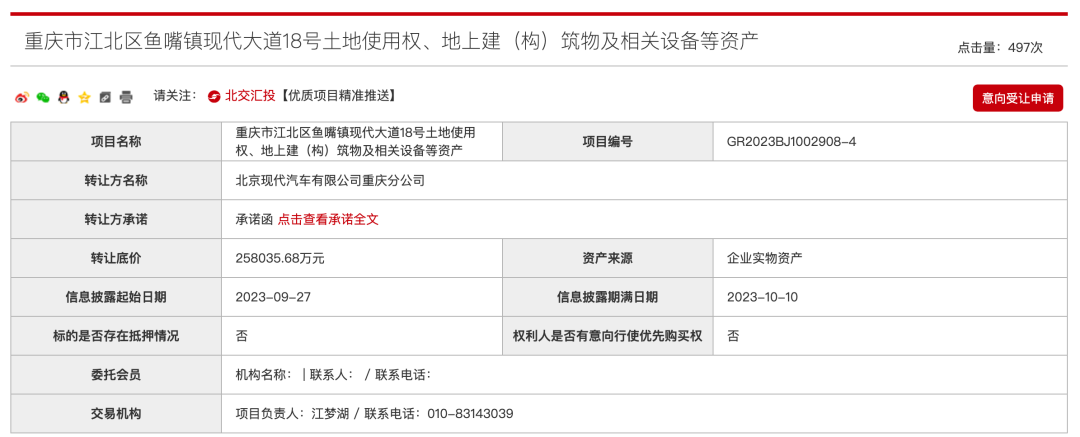
In fact, the situation of Beijing Hyundai in the domestic market has something to do with the lack of improvement of its own core products. In the context of the rapid development of new energy, failed to seize the opportunity. Wait for God to recover, only to find that the halo of the past is no longer. For a long time, Beijing Hyundai has been following the strategy of "price for quantity" in China, which is easy to give consumers the impression of low-end joint venture brands. In addition, its electrification transformation has not been able to keep up with the pace of the market, in the sale of new energy models are mostly from "oil to electricity", lack of competitiveness.
Welcome to subscribe to the WeChat public account "Automotive Industry Focus" to get the first-hand insider information on the automotive industry and talk about things in the automotive circle. Welcome to break the news! WeChat ID autoWechat
Views: 0
*The comments in the above article only represent the author's personal views and do not represent the views and positions of this website. If you have more insights, please feel free to contribute and share.









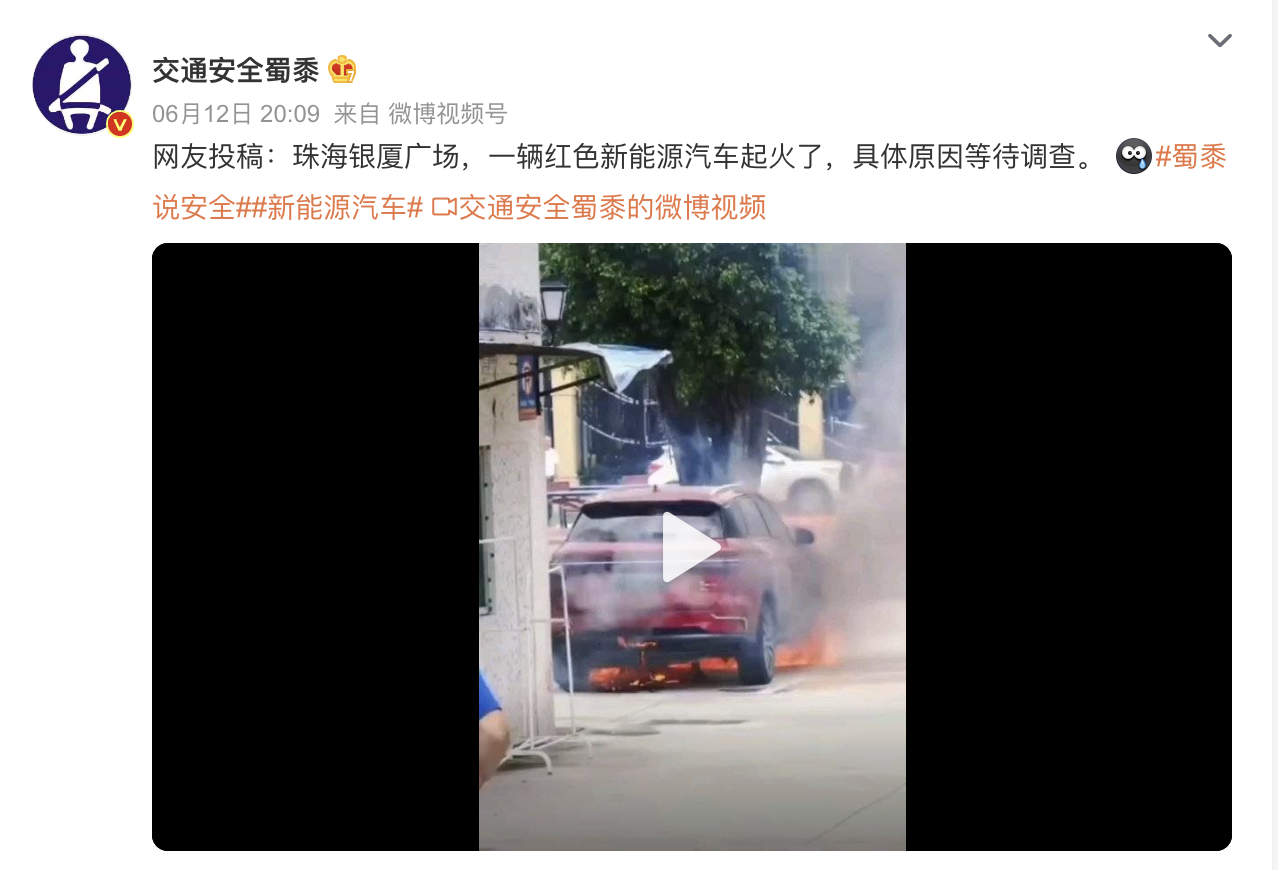

© 2024 AutoBeta.Net Tiger Media Company. All rights reserved.